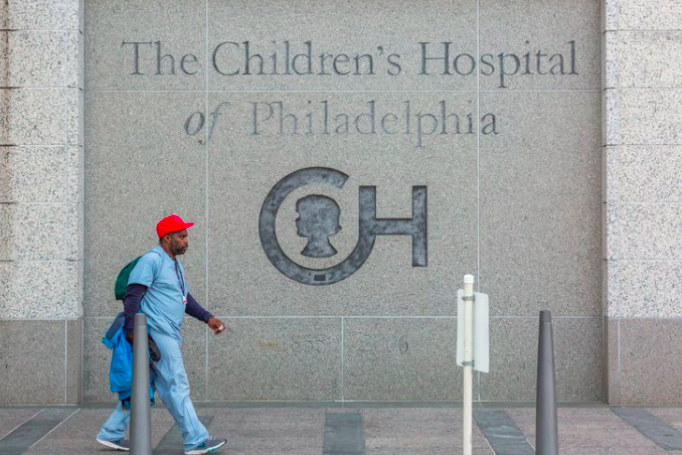
September 28, 2020
 Thom Carroll/For PhillyVoice
Thom Carroll/For PhillyVoice
CHOP says it will partner with others in the community to address the social injustice and systemic racism that contributes to health care disparities in the Philadelphia region.
The Children's Hospital of Philadelphia committed to taking concrete steps to address the structural racism that contributes to various public health disparities.
CHOP joined 38 health systems in labeling racism an "undeniable" public health crisis and vowing to provide better programs and services to underserved communities, adopt more inclusive local hiring practices and increase spending at local minority-owned businesses.
The joint statement was issued Sunday by the members of Healthcare Anchor Network, a national collaboration of health care systems established in 2016 to improve community health. The signees also included the Einstein Health Network, Trinity Health and Christiana Cares.
The statement calls attention to various factors that contribute to health inequities: poverty, inadequate housing, underperforming schools, police brutality, mass incarceration, food deserts, violence, joblessness and underemployment, and poor access to health care.
The institutions also said they stand with others raising their voices against the unjust deaths of George Floyd, Breonna Taylor and other Black people killed by police.
CHOP pledged to drive positive change by improving primary and specialty care, helping local patients overcome chronic diseases and seeking improvements to health care access, quality and outcomes.
"No one individual or institution can do this alone, and we are committed to listening to our neighbors of color and implementing initiatives that will help to eradicate all forms of discrimination," said Gilbert Davis, CHOP vice president and chief diversity officer. "We will partner with others in the community to address the social injustice and systemic racism that contribute to disparity of care across our region."
Racial health disparities in the United States are sizable.
Black residents have higher rates of diabetes, hypertension, heart disease and obesity than white people, according to report from the Center for American Progress. They are more likely to be uninsured, die of cancer and develop asthma as a child.
Latino residents also have higher rates of diabetes, high blood pressure and infant morality. Asian residents have higher rates of tuberculosis, diabetes and some cancers. Native Americans have higher rates of HIV, diabetes, obesity and cigarette smoking.
A recent Drexel University study found that lifetime discrimination increases the risk of high blood pressure among Black people. COVID-19 also is hitting people of color harder than white people.
In Philadelphia, the COVID-19 death rate continues to be higher among Black residents, who make up about 44% of the city's population. And some Black neighborhoods, like Allegheny West in North Philly, have some of the city's worst overall health outcomes, including a high incidence of stroke.
"Racism is a public health crisis. In Black and Indigenous communities and communities of color, we see higher rates of illness and death as a result of systemic racism," said David Zuckerman, director of Healthcare Anchor Network. "We need to harness our collective strength to invest in our communities and to more intentionally hire and buy from local BIPOC communities so that all people can be healthy and thrive."